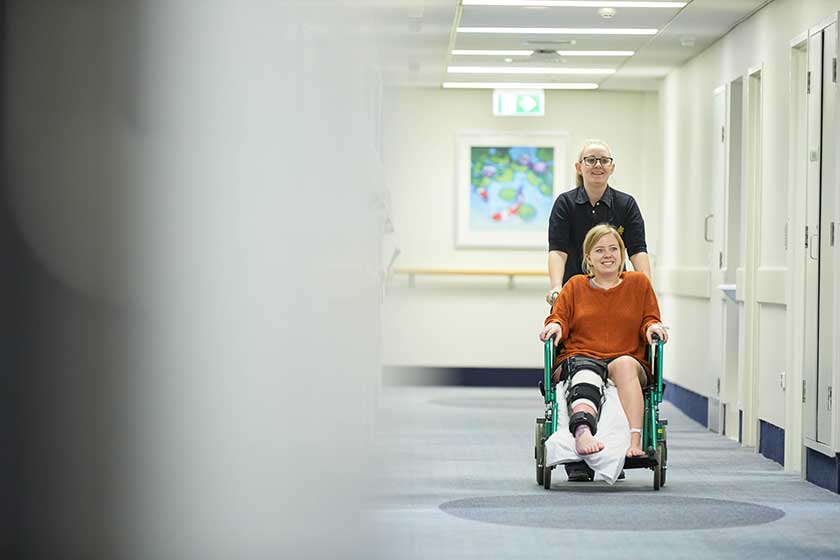Orthopaedic surgery can be required on any part of your bones or muscles (the musculo-skeletal system). It could include anything from joint replacement or bone repair to re-attaching a torn ligament.
What is elective surgery?
Simply put elective surgery, be it orthopaedic surgery or otherwise, is surgery that is pre-planned and not performed in an emergency.
From a medical point of view, the thought is that if you do not have your elective surgery straight away, it is unlikely to affect your life expectancy or lead to rapid deterioration of your condition.
Why orthopaedic surgery is often considered an elective surgery
Orthopaedic surgery may be required as a result of the deterioration of a chronic condition such as arthritis, which may require a joint replacement.
Your orthopaedic surgeon may choose to try other types of treatment first, such as medication, physiotherapy or the use of supports such as a brace before resorting to surgery.
Because of these treatment options and the fact that you can often choose not to have orthopaedic surgery without affecting your life expectancy, it is considered not urgent.
When could my orthopaedic surgery become a non-elective procedure?
If you have sustained an injury that could result in a serious complication or permanent disability if not treated straight away such as a broken leg from a car or sporting accident, your surgery is then given a higher priority.
How long will I need to wait for my elective orthopaedic surgery?
The great news is that when you choose to have your orthopaedic surgery at a private hospital, you generally have quick access to care.
Going private means you can choose a time frame that works for you-usually in a matter of just a few weeks. Find out more about unlocking the benefits of private health insurance and private hospital care.
If you choose to have your elective orthopaedic surgery in a public hospital, you may wait up to six months for the procedure to be done (source: Australia's Health 2018).












